What you need to complete your PC when buying an Intel NUC
Thinking of getting an Intel NUC to build yourself a PC from? Here's what you'll need to complete it.
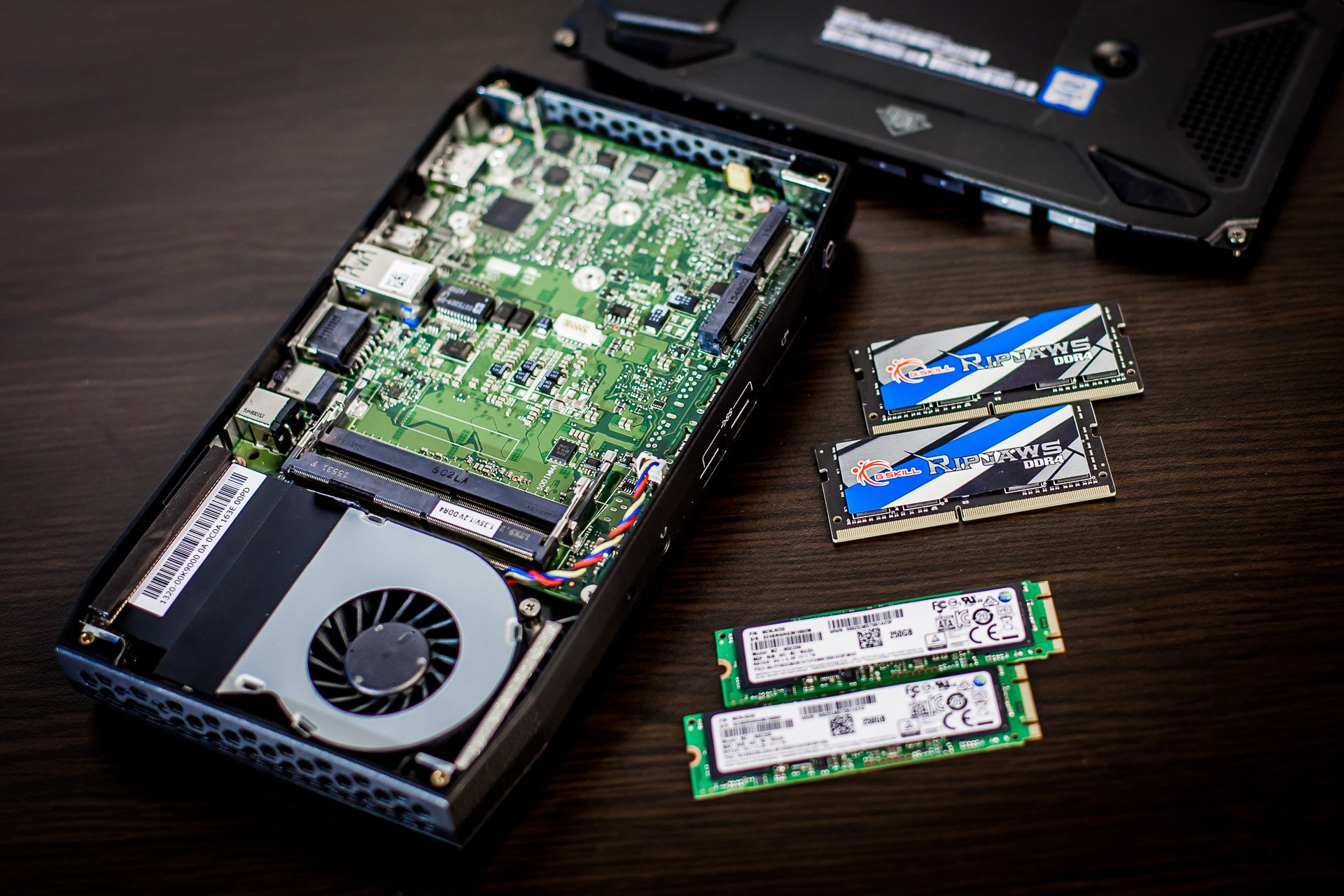
An Intel Next Unit of Computing (NUC) is a barebones PC. This means you get most of the parts you need to make a working computer, but you'll need to supply some yourself. The beauty of the NUC (and many other modern barebones PCs) is that it's really small. Smaller than you'd be able to cobble together with a full rack of off the shelf parts, in fact.
So, let's look at what you get in the box and everything else you'll need to make yourself a great, working PC.
More: Everything you need to know about buying an Intel NUC PC
What you get with an Intel NUC
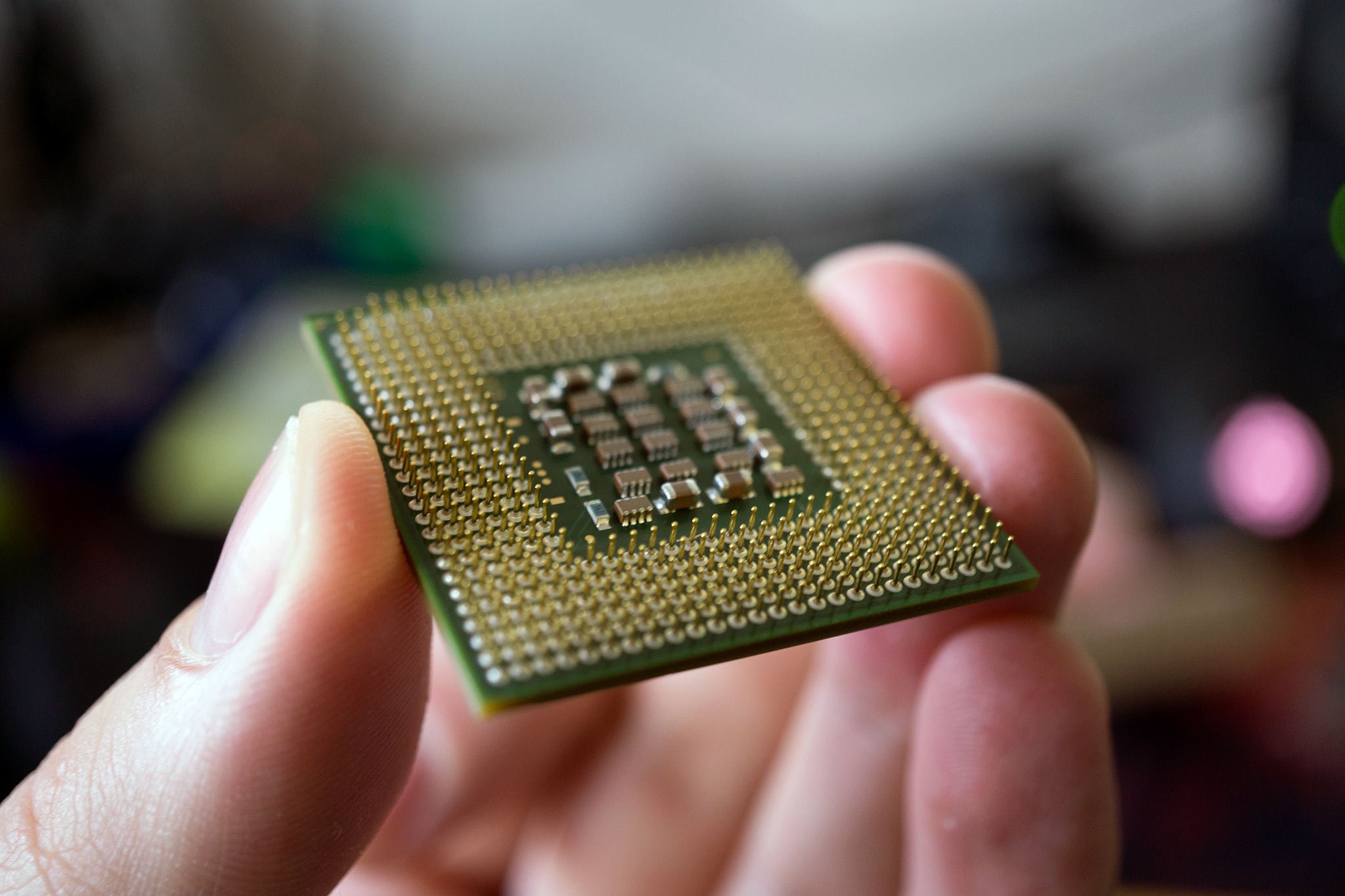
In the box with the Intel NUC, you'll receive certain parts. The exact specs may vary, but ultimately you'll expect to find:
- An Intel CPU.
- A motherboard.
- A case.
- A power supply.
Some bundles of the Intel NUC also come with RAM and solid-state drive (SSD) storage included, but this isn't always the case.
What you need
That leaves you still needing to provide some key accessories. Besides a monitor, a keyboard, and a mouse so you can interact with your new PC, you'll need to supply storage and RAM if you bought a NUC that didn't supply those, and importantly, a Windows 10 license.
Storage
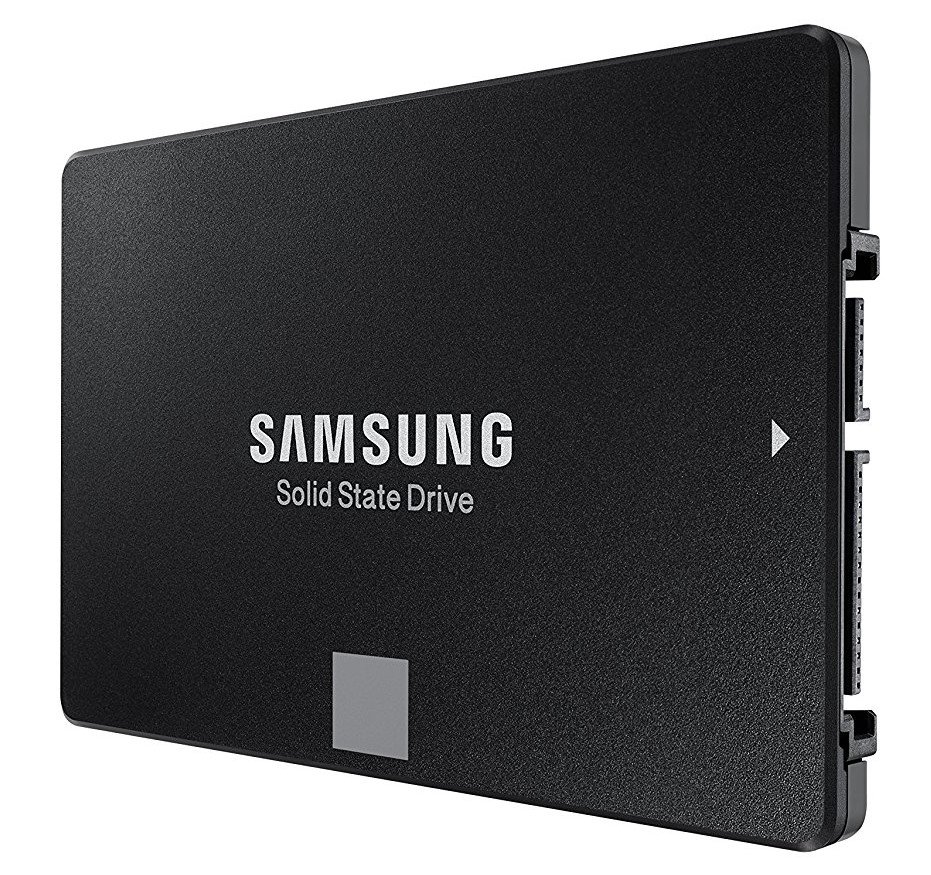
You'll be looking towards SSD storage for your NUC, and some of the higher-end models will even take more than one. Exactly which type of SSD you get will depend on which NUC you bought. The high-end Skull Canyon, for example, takes m.2 SSDs while the cheaper NUCs take the larger 2.5-inch drives.
Get the Windows Central Newsletter
All the latest news, reviews, and guides for Windows and Xbox diehards.
You could put a 2.5-inch HDD inside instead, but for the best experience you want an SSD, and they're not that much more expensive now. The added spend is definitely worth it.
If you're looking for a 2.5-inch drive for one of the cheaper, square model NUCs, the best choice would be a Samsung 860 Evo in either 250GB or 500GB sizes. If you only have one drive, I recommend 250GB as the absolute minimum capacity. A 250GB 860 Evo is currently $95, but it's a fast, reliable SSD.
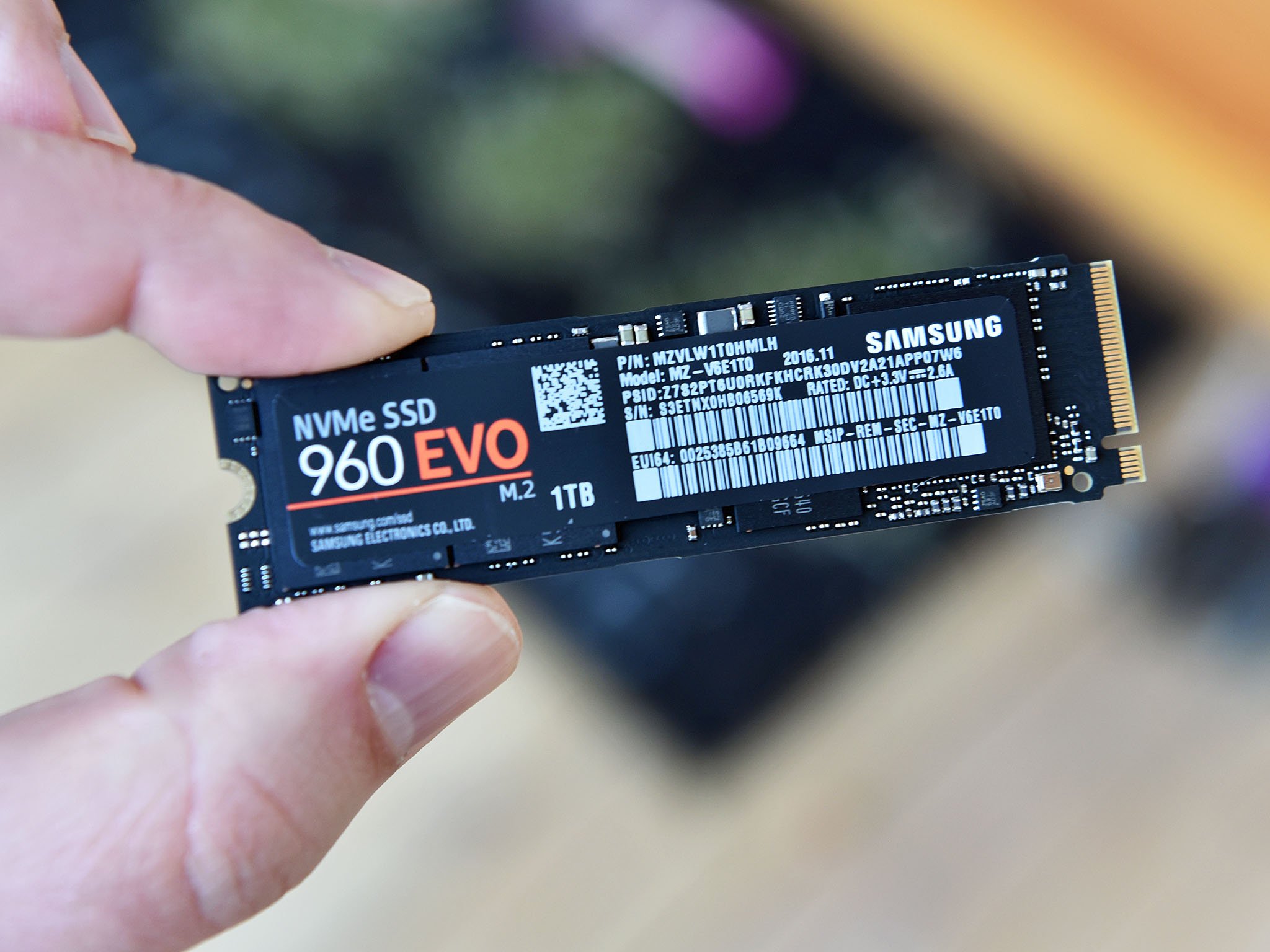
If you'd like to spend a little less, a 250GB WD Blue SSD would also be a good choice. For the same price and capacity, you can get the WD Blue in m.2 form if you need that instead, which is a solid choice.
If you're building a portable powerhouse from one of Intel's Skull Canyon NUCs, you might want to stick an NVMe SSD in there instead. These are the absolute fastest type of consumer storage drives on the market today, and the one to get is the Samsung 960 Evo. At $120 for 250GB, you get an insanely fast SSD, and it's one of Windows Central's favorite drives. The price savings over a 960 Pro are worth the slight dip in performance for most people.
RAM
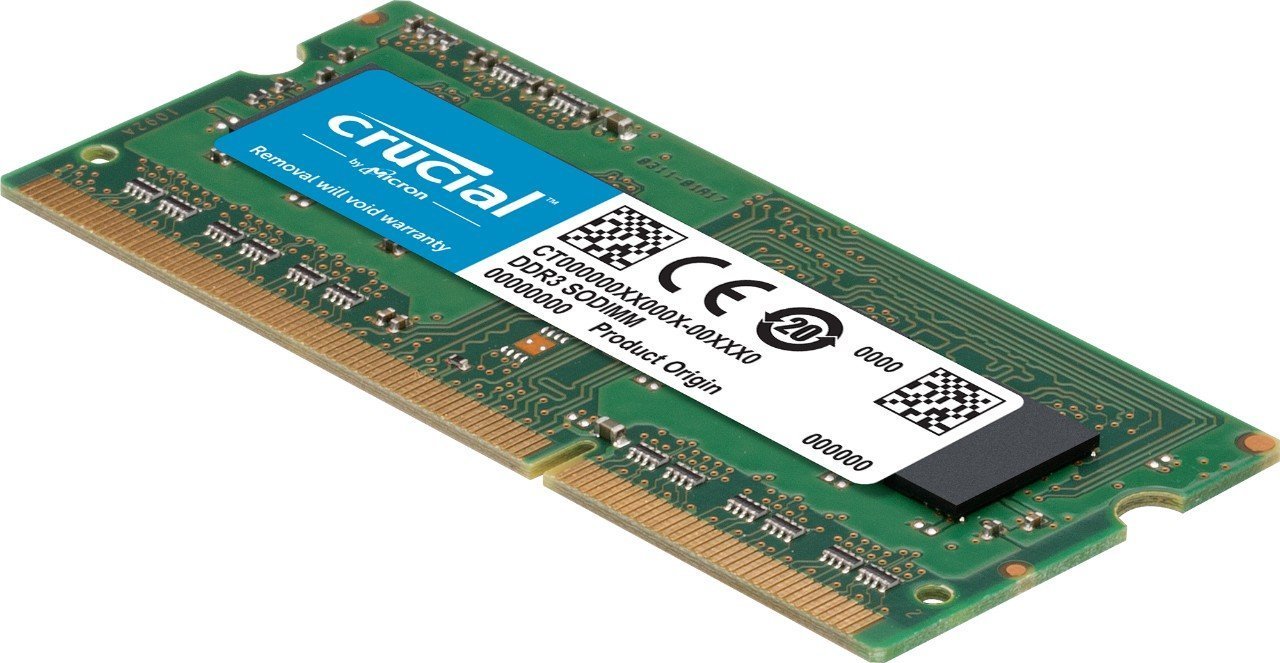
Your NUC kit will tell you how much RAM the system supports and exactly what type to buy. Since we're dealing with tiny PCs, you'll be looking towards SODIMM form RAM, smaller sticks you'd usually find in a laptop. Whether you need to get DDR3 or DDR4 will depend on the NUC you bought, but again, the kit will indicate which to buy.
The cheaper, entry-level NUCs will probably still be using DDR3, which is certainly more affordable. DDR4 is a little more expensive, especially right now, but it'll be necessary for some of the more expensive, higher-powered versions of the NUC.
In terms of amount, 8GB is a great place to start, whether that's a single stick of 8GB or a pair of 4GB sticks. An 8GB stick of Crucial DDR3 1600MHz RAM is just $69. A stick of DDR4 2400MHz from the same brand is a little more at $85, but still good value.
Mouse and keyboard
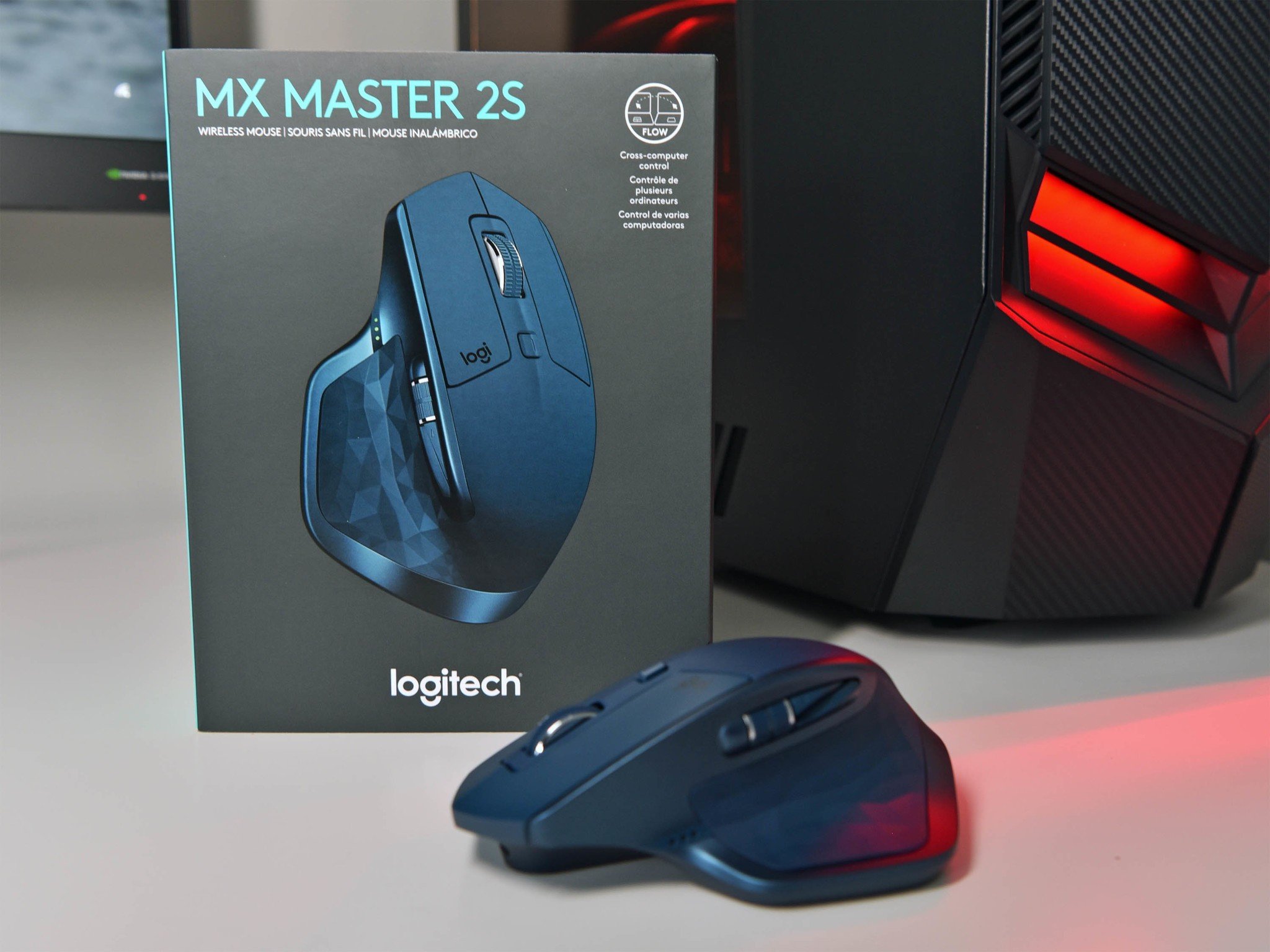
When it comes to getting a mouse and keyboard, there's no one size fits all answer. Some prefer wireless, some like mechanical keys, some will want something small and easy to move around.
Our current top pick when it comes to shopping for a mouse is the Logitech MX Master 2S. The MX Master has been the best all-around mouse for some time and the MX Master 2S is the latest and greatest. It's packed with features, great battery life and is ridiculously comfortable to use. It costs around $90, but it's worth every penny.
More: Best Wireless Mouse of 2018
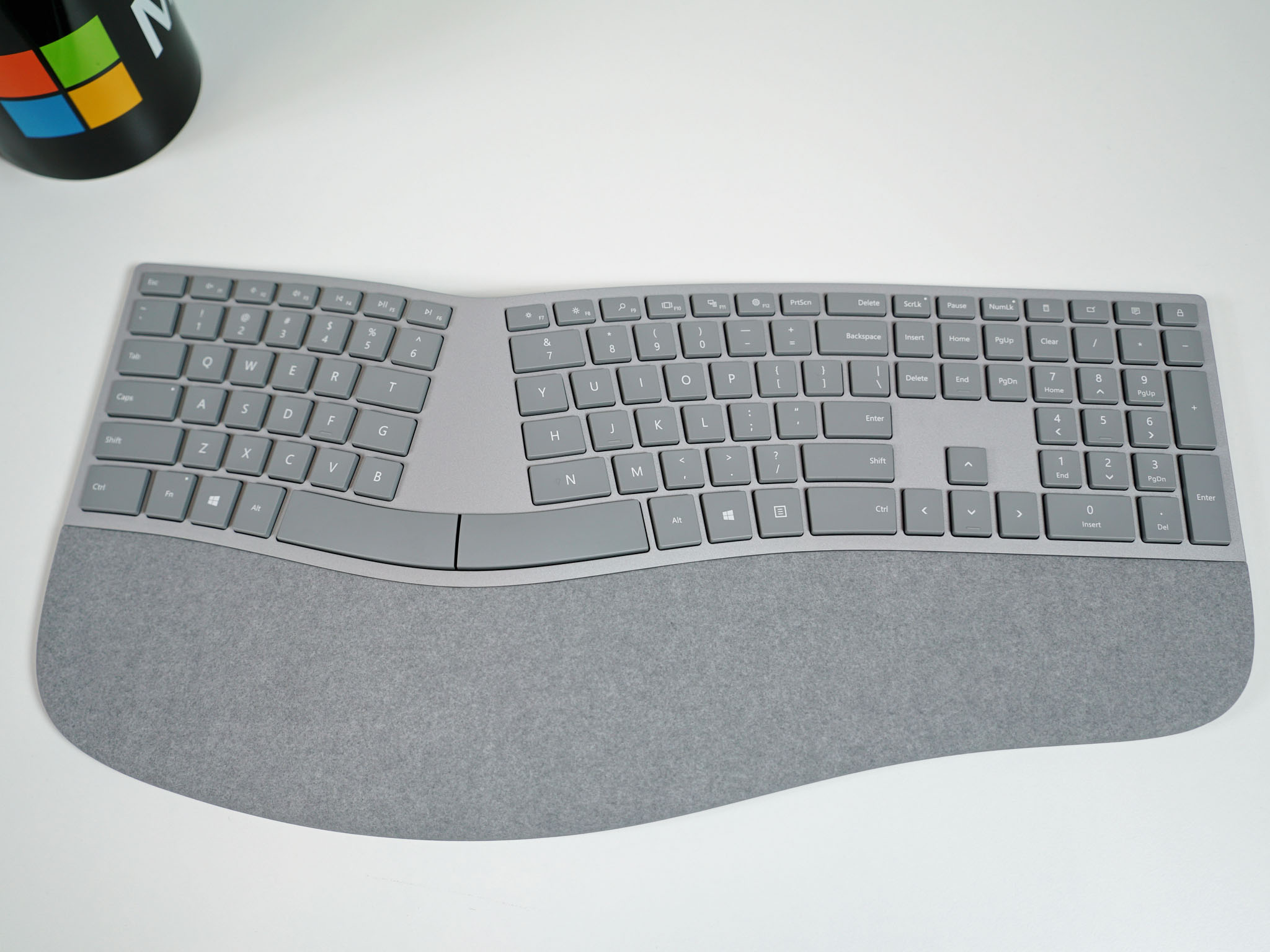
If you want a great keyboard you could do a lot worse than Microsoft's superb Surface Ergonomic Keyboard at $109. It's pricey, yes, but you'll feel less fatigue and it's a really high-quality product. But it's not the only great keyboard out there, so check out some of the roundups below to help you choose the right one for you. There are some really good mechanical keyboards out there for not a lot of money, and mechanical doesn't have to just be for gamers.
- Best Gaming Keyboards Under $100
- Best Affordable Mechanical Keyboards for Windows 10
- Best Mechanical Keyboard For Gaming on Windows 10
Monitor
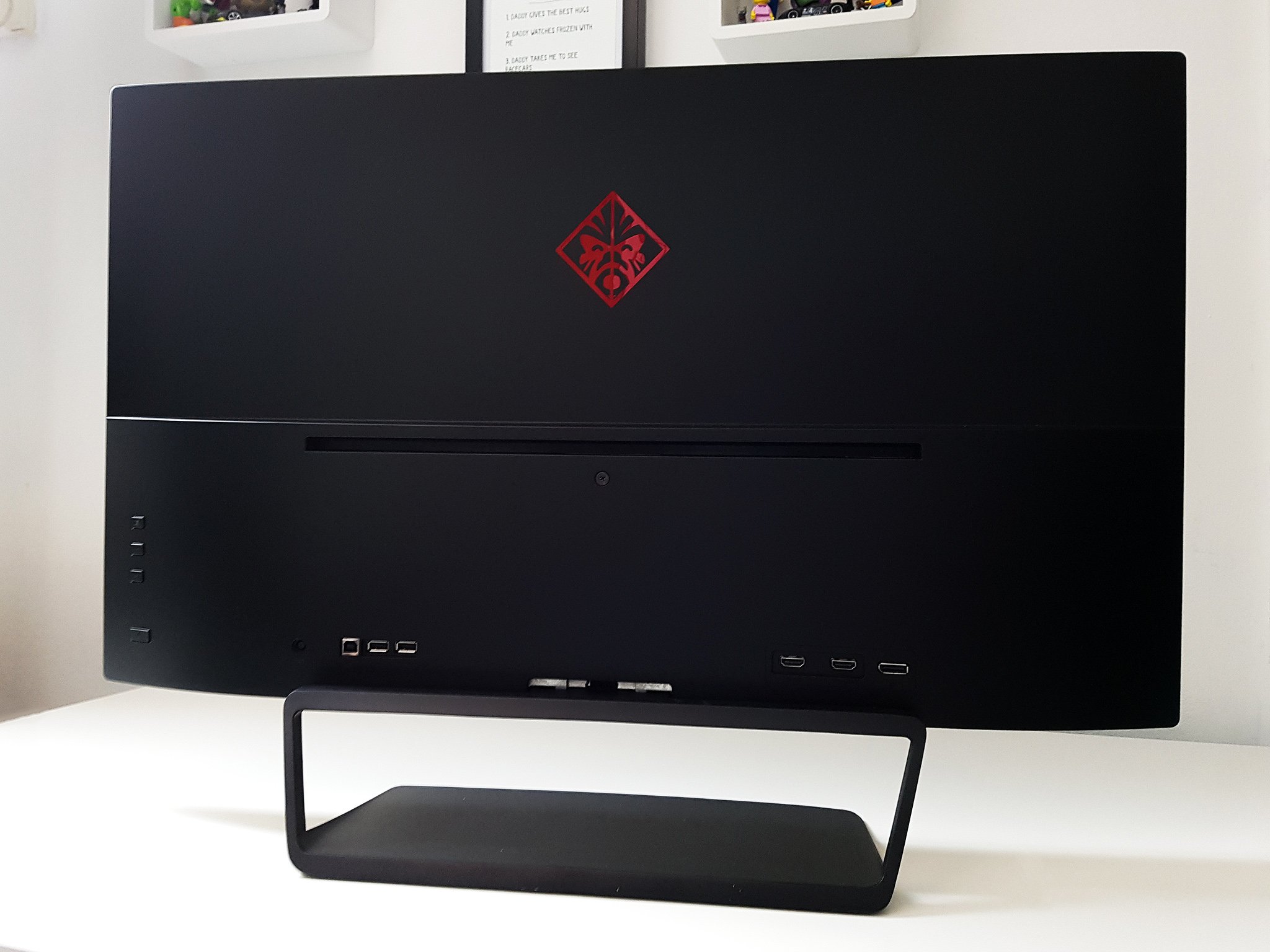
Choosing a good monitor can be a minefield. There are so many to choose from, covering different budgets and different needs, so it's almost impossible to recommend just one.
Our comprehensive roundup linked below is the best place to start. Whatever type of monitor you're looking for, we've got a great pick for you.
Best Computer Monitors of 2018
Windows 10 license
You need to provide an OS for most of these barebones mini PCs. Since you're here on WindowsCentral.com we'll assume you want Windows 10. So you'll be looking at $119 for that software.
That all seems like a lot, but it's worth remembering that buying a desktop PC pre-built will still usually have you hunting for a better keyboard and mouse, and you'll need to provide your own monitor.
What the NUC does is allow you a little flexibility to build a really small PC that suits your own needs, while giving you a leg up by providing some of the more expensive parts up front.

Richard Devine is a Managing Editor at Windows Central with over a decade of experience. A former Project Manager and long-term tech addict, he joined Mobile Nations in 2011 and has been found on Android Central and iMore as well as Windows Central. Currently, you'll find him steering the site's coverage of all manner of PC hardware and reviews. Find him on Mastodon at mstdn.social/@richdevine
